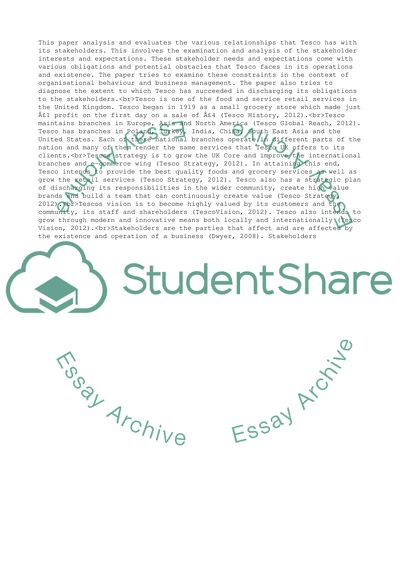Cite this document
(Business environment Essay Example | Topics and Well Written Essays - 2500 words - 2, n.d.)
Business environment Essay Example | Topics and Well Written Essays - 2500 words - 2. https://studentshare.org/business/1765070-business-environment
Business environment Essay Example | Topics and Well Written Essays - 2500 words - 2. https://studentshare.org/business/1765070-business-environment
(Business Environment Essay Example | Topics and Well Written Essays - 2500 Words - 2)
Business Environment Essay Example | Topics and Well Written Essays - 2500 Words - 2. https://studentshare.org/business/1765070-business-environment.
Business Environment Essay Example | Topics and Well Written Essays - 2500 Words - 2. https://studentshare.org/business/1765070-business-environment.
“Business Environment Essay Example | Topics and Well Written Essays - 2500 Words - 2”. https://studentshare.org/business/1765070-business-environment.


